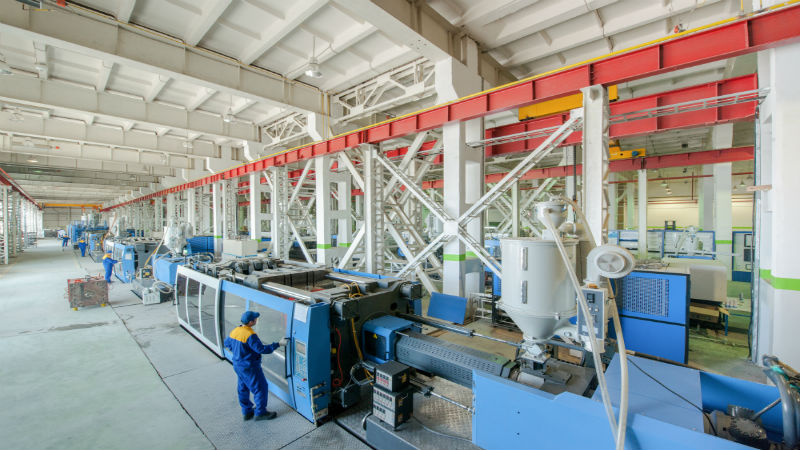In the competition in the plastic injection marketplace, some fabricating firms are venturing into the production of sensitive electronic and medical equipment. By focusing on this particular sector, fabricators are expanding their production capabilities. However, entering into this field requires extending the parameters of quality control. In addition to closely adhering to ISO standards regarding production, it also means instituting clean room assemblies. This is a prerequisite for any fabricator producing medical instruments.
High Quality Standards and Cleanroom Operations
Clean room operations focus specifically on maintaining a high level of airborne particulate cleanliness. Such spaces need to be particle free. This requires measuring the particulate content on a regular basis. Everything and everyone must adhere to the policy and restrictions inherent in both Federal and ISO standard requirements.
All materials in a clean room must be emission-free. The workplace must also be corrosion-resistant. Of particular importance is quality control. The quality assurance (QA) system put into place must be both comprehensive and compliant on both the federal and ISO levels.
ISO certification is available for those whose cleanrooms achieve the right standards of cleanliness and quality control. Certification is not permanent. Renewal is required annually. The same applies to federal certification.
Applications in the Medial Instrument Field
Injection molding fabricators are helping to change the way medical instruments are produced. In particular, they are replacing metal components with plastic parts. The preference for this newer approach indicates the versatility, cost-effectiveness and increased precision possible through using plastic injection molding. Among the many instruments with parts now being made from plastic are the following:
* Instrument Handles
* Needle Housing
* Orthopedic Instruments
* Pacemaker Components
* Prosthetics
* Surgical Blades
* Surgical Instruments
* Suture Delivery Devices
The list continues to grow as medial instrument providers and producers take advantage of the ability of fabricators to employ plastic injection molding systems, in conjunction with clean room assembly, to provide flexible, affordable and highly effective medical equipment.
Clean Room Assembly
The fabricating of medical devices and instruments requires both precision and care. High standards of quality are essential. A fabricator must ensure its QA system is capable of handling the demands placed on it by the need to adhere to the very strict and comprehensive standards of both the federal agencies and the ISO. As part of a thorough approach to produce the highest quality medical equipment possible, a fabricator also has to ensure the workspace is particulate free. The only way to ensure this is to set aside one specific room for the operation. Without it, it becomes impossible to ensure medical devices achieve the desired standards. This is the space reserved for clean room assembly.

